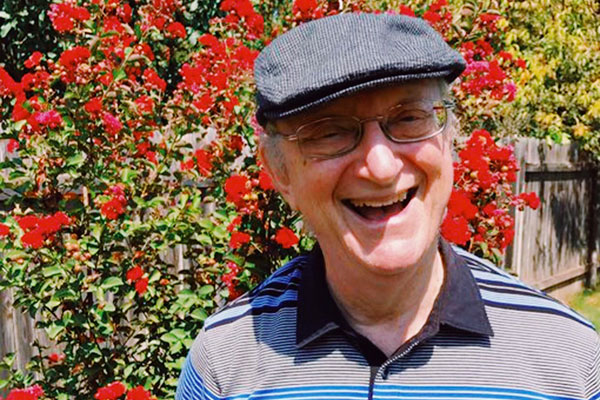
Congregation Shalom Rav Remembers Beloved Rabbi
Rabbi Monty Eliasov z”l. Credit: Tahni Handal
By Salkana Schindler, MSN, RN
Arnold Montgomery Eliasov (z”l), known to most as Rabbi Monty, was born in 1946 in the Eastern Cape Province of South Africa. He came from a family of Jewish merchants and farmers; he grew up in both a deeply rural environment and in a seaside city.
At sixteen Monty came to the U.S. to study at the Telshe Yeshiva Talmudic Academy near Cleveland, Ohio. He studied there for four years, and then attended Yeshiva University in New York, where he received his BA. He went on to receive his M.A. in Judaic Studies at The Jewish Theological Seminary.
Rabbi Monty was learned in both modern and ancient Jewish traditions. He was drawn to Rabbi Zalman Shachter-Shalomi, (z”l) renowned founder of Jewish Renewal, and studied Kabbalah and Hasidic prayer forms with Reb Zalman.
Prior to his rabbinic ordination, Rabbi Monty served many years as a director of religious education in both Conservative and Reform synagogue schools. When he moved to Austin, Texas he became the beloved teacher and the education director for The Heart of Texas Havurah.
In 1998, Rabbi Monty received rabbinic ordination from Rabbi Gershon Winkler, Renewal rabbi and director of the Director of the Walking Stick Institute; Rabbi Monty’s first ordination took place at Reb Gershon’s retreat center in New Mexico.
In March of 2000, Reb Gershon came to Austin and conducted a second, more formal, ordination ceremony for Rabbi Monty, shortly after which he was installed as the Rabbi for the Havurah. This primarily Reconstructionist congregation, which became Congregation Shalom Rav (CSR) in 2002, was enlivened by Rabbi Monty’s Jewish Renewal perspective and was filled with joyous music. Rabbi Monty LOVED music and it was one of his primary ways to connect with the Divine. He loved to sing and play the guitar, and he loved collaborating with Barbara Taft and Abraham Davidson (Shirat Halev, and the former music directors for CSR) on their music.
Rabbi Monty was a brilliant and gifted scholar, a dedicated disciple of the Baal Shem Tov, a deeply spiritual, wise man, and a rabbi who was courageous in ushering into the world ideas that many traditional Jews would consider radical.
A radical is defined as “a person who advocates thorough or complete reform.” It is also someone who goes to the root of things for his or her information.
Rabbi Monty was proud of being a radical and claimed that. In fact, he said, with good humor: “I’m a radical, as was the Baal Shem Tov, and in honor of him, I often eat radishes.” The etymological origin of the word radish is radix, which is also the root of the word ‘radical.’
Rabbi Monty loved to connect people and connect with people, regardless of their background. Rabbi Monty conducted over 500 weddings and was one of the first to conduct – and co-officiate! – interfaith weddings and life cycle events; he was proud that one of the first weddings he co-led was with a priest. One of his main beliefs was that Judaism should not exclude but include and cooperate alongside the rest of society.
He brought to each service a profound depth of Torah and Zohar scholarship and a spiritual understanding that surpassed many spiritual leaders. His ability to access ancient texts and make sense of things with such insight was amazing. He gathered information and with his spiritual knowledge and vision, he wove things together to help people understand Judaism and reach their spirituality in deeper and more meaningful ways.
“Rabbi Monty was one-of-a-kind! His passionate prayer and deep devotion to finding the truth and teaching it to those who are seeking light brought insight and wisdom to all encounters with him! His spirit was always seeking and giving, and he created a community that did the same,” said Cantorial Soloist and Rabbinic student Laura Lenes.
One of Rabbi Monty’s greatest joys for the last 20 plus years was being with Emme Lou, his G-d-Granddaughter. About eight years ago, for a school project, Emme Lou interviewed him. Rabbi Monty said during that interview, “Rabbis can marry and have children if so blessed. I followed the path of the Galilean sage Simon Ben Azzai which is the rare path of being a Jewish monk. With the world becoming more secular, I sensed that I needed a life devoted to Spirit & the Word.”
Of Emme Lou, he said, “Literally, without having a G-d grandchild, I would not have acquired a heart which expanded into knowing how to help people. I had to learn that I have to show up both for all the celebrations, and for all the challenges. G-d also then showed me how the Holy Spirit is actually His Daughter! In other words, G-d the Daughter.” This insight, supported by verses in the Hebrew Bible has changed my whole orientation, both towards religion and towards my own faith journey.”
Moments before his stroke, Rabbi Monty was with other residents in his home at the Highland Estates. Spontaneously, he rose from his chair and danced ecstatically, singing and twirling, his hands in the air. Rabbi Monty sang and danced his soul to G-d. His memory is a blessing. ■
Latest Posts
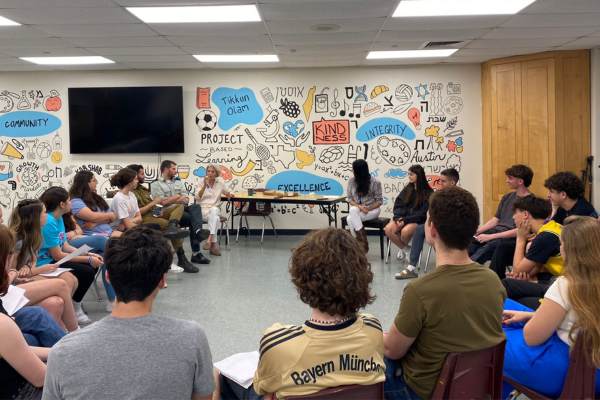
Community Joins Together for Meaningful Events
Shalom Austin, IAC, Israeli Scouts (Tzufim) and BBYO collaborate for a special teen event during Israel’s Yom Hazikron and Yom HaAtzmaut. Credit: Maayan Oved By Maayan Oved, IAC Austin Program Manager In May, when the community commemorated Israel’s Yom Hazikron and...
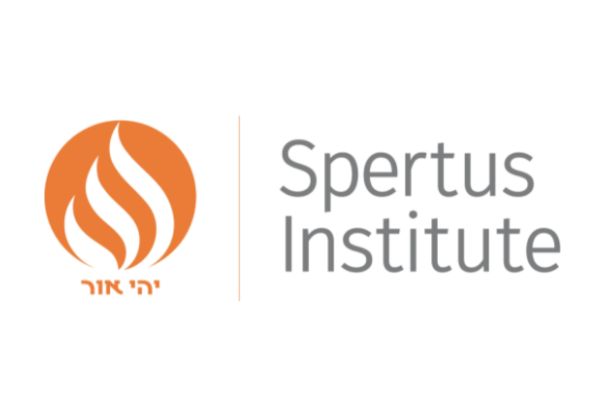
Austinite Lisa Apfelberg receives MA in Jewish Professional Studies from prestigious Spertus Institute program
Judaism teaches that learning is powerful. It grounds us in our history and equips us to face contemporary challenges. In easy times and hard times, it provides a platform from which we can build and strengthen our communities. Chicago-based Spertus Institute for...
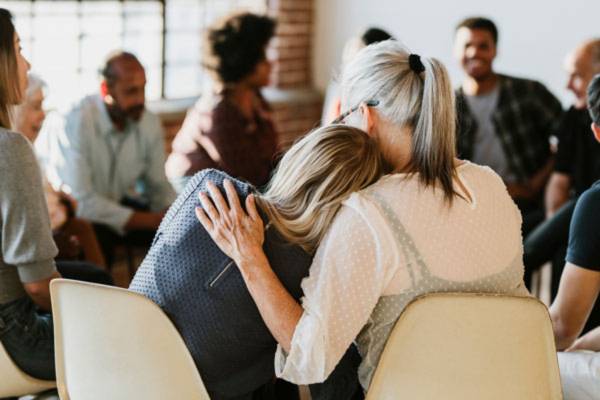
The Power of Groups: How Support Groups Foster Resilience in Mental Health
People support each other in group therapy. Credit: Adobe Stock/Rawpixel.com By Amanda Mills In a society where individuals often feel busy, isolated, and overwhelmed, it can be hard for them to find the time to prioritize their mental health or connect with others...
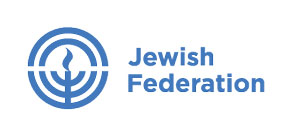
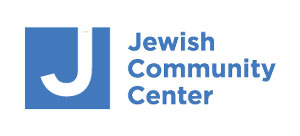
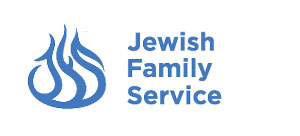
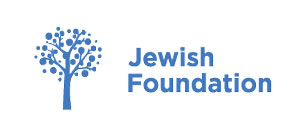
HEALTH & WELLNESS
Fitness
Swimming
Tennis & Pickleball
Sports
EDUCATION
Jewish Culture & Education
Early Childhood Program Preschool
After School & Childcare
Camps
ARTS & CULTURE
Literary Arts
Visual Arts
Theatre & Film
Dance
COUNSELING & SUPPORT
Jewish Family Service
Counseling & Groups
Case Management
References & Resources
Copyright Shalom Austin 2025. Privacy Policy.
